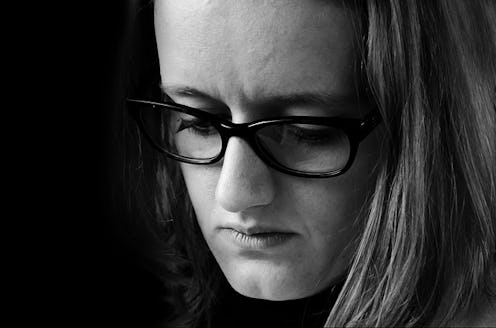News
Bipolar Men More Manic, Women More Depressed

Bipolar disorder may strike differently depending on sex. A new study shows men with the mood disorder tend to have more manic phases, while bipolar women fall more on the depressive side.
The research—published in the Journal of Affective Disorders —involved more than 1,000 men and women diagnosed with bipolar I disorder. Bipolar I is a mood disorder featuring manic episodes that alternate with periods of hypomania (extreme elation) and/or major depression.
The study found depressive symptoms were more dominant in bipolar women, while manic symptoms were more dominant in men. Researchers say this can explain some of the differences in outcomes for bipolar men and women, such as the fact that women tend to go longer before receiving a correct diagnosis.
Women tend to seek treatment for the first time during a depressive phase, leading to depression diagnoses rather than bipolar disorder. Bipolar women also have higher suicide attempt rates than men, another fact that could be explained by their greater tendency toward depression.
When it comes to co-morbid conditions (physical or mental health issues that occur alongside a primary diagnosis), the researchers also found gender differences:
- Bipolar men were more likely to abuse drugs and alcohol
- Bipolar women were more likely to have a co-morbid phobia or eating disorder
- Women were more likely to have metabolic issues (obesity, high blood pressure, type 2 diabetes)
- Men were more likely to develop neurological disorders
"The higher neurologic co-morbidity of bipolar men may be due to their higher co-morbidity with substance abuse,” said the researchers, led by Jean-Michel Azorin of France's Sainte Marguerite Hospital. In turn, the increased risk for metabolic conditions in women could be explained by the increased prevalence of eating disorders.
Bipolar women in the study were also:
- Less likely to be single
- Developed disease symptoms later than men
- Had less psychotic features along with manic episodes
Previous research has shown that bipolar women go through more "rapid cycling" (quick shifts between manic and depressive symptoms) and are more likely to follow seasonal patterns of depression and mania. And for many bipolar women, having a baby can be a major trigger for recurring symptoms or the first onset of the disorder.
Photo: Pixabay